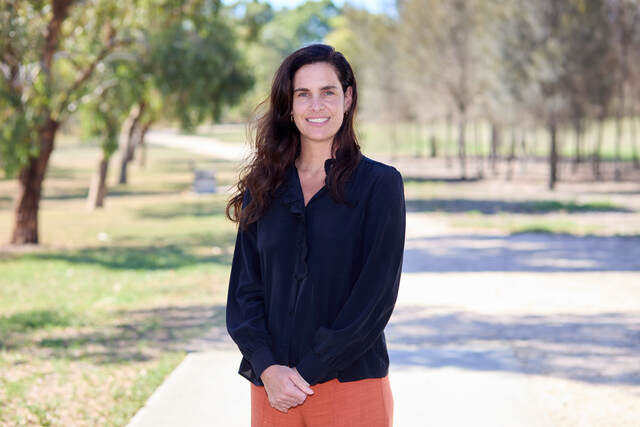CITY TACKLES JOBLESS CURSE (Weekly, December 17)
More education and training for unemployed people will increase the standard of job applicants – and competition for jobs – but it won’t actually increase the number of employment vacancies.
What needs to be questioned is why our economy is failing to produce the number of jobs required to sustain all the people, and why our population growth rate is kept at full-throttle when our economy is sluggish.
Property developers are demanding land and streamlined permits to keep building houses. And thanks to high rates of immigration, people will arrive and settle here on Melbourne’s fringes.
All these mortgages and buildings are creating a mountain of disadvantage, debt and welfare dependency.
There must be a democratic debate on the sort of growth best suited to our state. Relentless population growth without a plan means we end up with a dystopia of despair, crime, insufficient public services, unemployment and poverty.
VIVKAY VIA WEB
BRIMBANK TRAM? (Weekly, December 17)
Great idea. Trams in the eastern and northern suburbs go as far as Burwood in the east and Bundoora in the north. Why not have a tram that goes as far in the west?
As for the airport link, it will only benefit Brimbank residents if it stops at Sunshine railway station and picks up passengers. We don’t need it if it doesn’t stop at the station, just like the regional rail.
SOCRATES VIA WEB
SAFETY A HOT TOPIC
The first heatwave of 2014 is upon us, and while the scorching sun is a regular feature of the Melbourne summer, we must not become complacent about its dangers – especially for those of us who work outdoors.
According to SunSmart, outdoor workers in Australia receive five to 10 times more sun exposure than indoor workers, placing them at an increased risk of skin damage and skin cancer.
Construction workers have a higher risk of skin cancer than many others because of their exposure to ultraviolet radiation, through direct sunlight and reflected sun.
Similarly, agricultural workers have a higher rate of contracting skin cancer. Between 1999 and 2002, death rates from skin cancer for male farmers and farm managers were nearly 60 per cent higher than the general population.
Across our country, at least one in every two Australians will require treatment some time in their life for various forms of skin cancer.
Workplace health and safety laws require employers to provide a safe working environment, which includes protection against risks associated with working in heat.
This issue is particularly important given so many people in the western suburbs work in manufacturing and agricultural jobs that have the potential for heat stress.
Everyone needs to take extra care to make sure they look after themselves, their employees and their workmates.
Simple things like rescheduling work to cooler parts of the day, making sure there is drinking water available and providing outdoor workers with sunscreen and protective clothing can help to keep workers safe during this scorching heat.
REBECCA EAGLES / MAURICE BLACKBURN LAWYERS SUNSHINE







